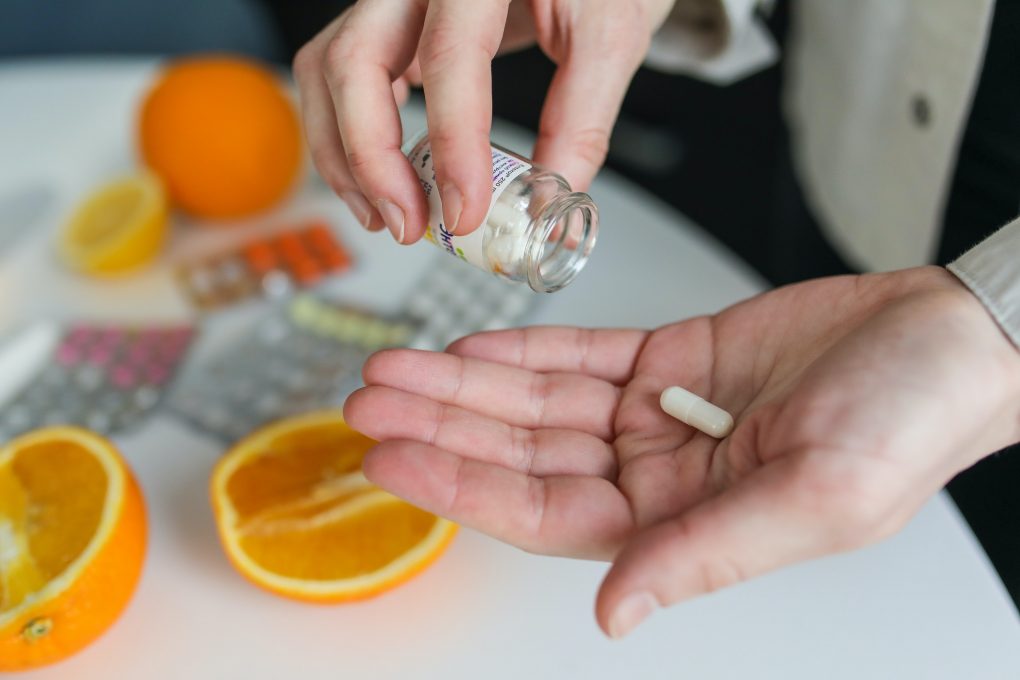
How to Prepare For a Lab Test
You certainly are already aware how important it is to perform regular preventive blood tests. They allow for quick diagnosis of possible diseases, nutritional deficiencies or other disorders in our body. Preventive examinations should be carried out at least once a year. I recommend making a gift for yourself around your birthday 😉 However, do you know how to prepare well for such tests? What factors may affect the results? In today’s post, I will introduce you to the topic of proper preparation for blood tests.
Diet and Nutrition
If you are performing control blood tests, you should arrive at the collection facility on an empty stomach. This also applies to drinks – we should not take coffee or tea, only a small amount of water is recommended. It is best to eat your last meal at least 12 hours before the scheduled examination time. Dinner should be light – avoid hard-to-digest products, rich in fats and sugars, because they may falsify the results. The best choice will be a salad or a light soup (avoid all-day hunger strikes!). A few days before the test, follow your current diet and do not make radical changes to it for fear of incorrect results. It will not be authoritative in relation to your daily lifestyle. 2-3 days before the test, refrain from drinking alcohol. Smoking is also contraindicated.

Drugs and Supplements
Possible discontinuation of drugs taken on a permanent basis or supplementation should always be consulted with a doctor before the examination. Some preparations may affect the results of blood tests or hormone levels, while others may not have any effect. Remember not to make this decision on your own – always in consultation with your doctor.
Menstrual Cycle
In the case of women, the time in which you perform the tests, and more specifically the phase of the menstrual cycle, is also of great importance. Specific hormones should be measured depending on the day of the cycle. Ideally, your doctor will advise you on how to perform specific tests in a timely manner. Tests should also not be performed during illness or injury.
Stress
If possible, try to reduce stress factors just before the test. A quarrel with the closest person, a sharp exchange of opinions or stress related to the multitude of duties and work is not recommended. High levels of stress can affect the work and secretion of many hormones, including cortisol, TSH or insulin. You should come to the examination well rested, after an overnight rest.
The Time of the Test
Blood sampling is best done in the morning. Depending on the time of day, the concentration of some hormones secreted in accordance with the circadian rhythm may be different, e.g. TSH or fT4. If you get up a bit later, e.g. around 10:00 a.m. (due to work or other obligations), the examination can be postponed a bit. Try to come to the examination without haste (not running or cycling). Once you reach the facility, sit down and rest for a while to stabilize your blood pressure.
Physical Activity
The day before the test, you should give up intensive physical activity, e.g. training at the gym or jogging. If you have not exercised on a daily basis so far – do not change it before the test. Activity the day before can be limited to a walk, daily work or household chores.

What Tests Are Worth Doing?
If you are wondering what preventive examinations should be performed and how often, you will find such information below. You can also find them in my calendar for 2023, where you can save the date of the last and planned examination. It is worth writing down such data in one place and always having it at hand.
- Basic testing includes blood and urine (at least once a year)
- Dental check-up (once every six months)
- Gynecological examination (1-2 times a year) + cytology (once a year)
Breast examination: - Ultrasound (after the age of 25 – once a year)
- mammography (after the age of 40 – once a year)
Regardless of your age, remember to regularly self-examine your breasts.
- ECG examination (after the age of 40 – at least once every 3 years, preferably once in the eye)
- Abdominal ultrasound (once every 2 years)
The above recommendations are given in general terms. Remember that in the case of people with diagnosed diseases or genetic predispositions, they may look different.
Preventive tests are not only important in the context of diagnosing a disease, but also when we are bothered by such symptoms as constant fatigue, feeling cold, hair loss, etc. For the obtained results to be reliable, it is important not only to prepare for the examination an hour before, but also what our whole previous day looks like. I hope that after reading the above tips you will always be properly prepared. 🙂









Comments No Comments
Join the discussion…